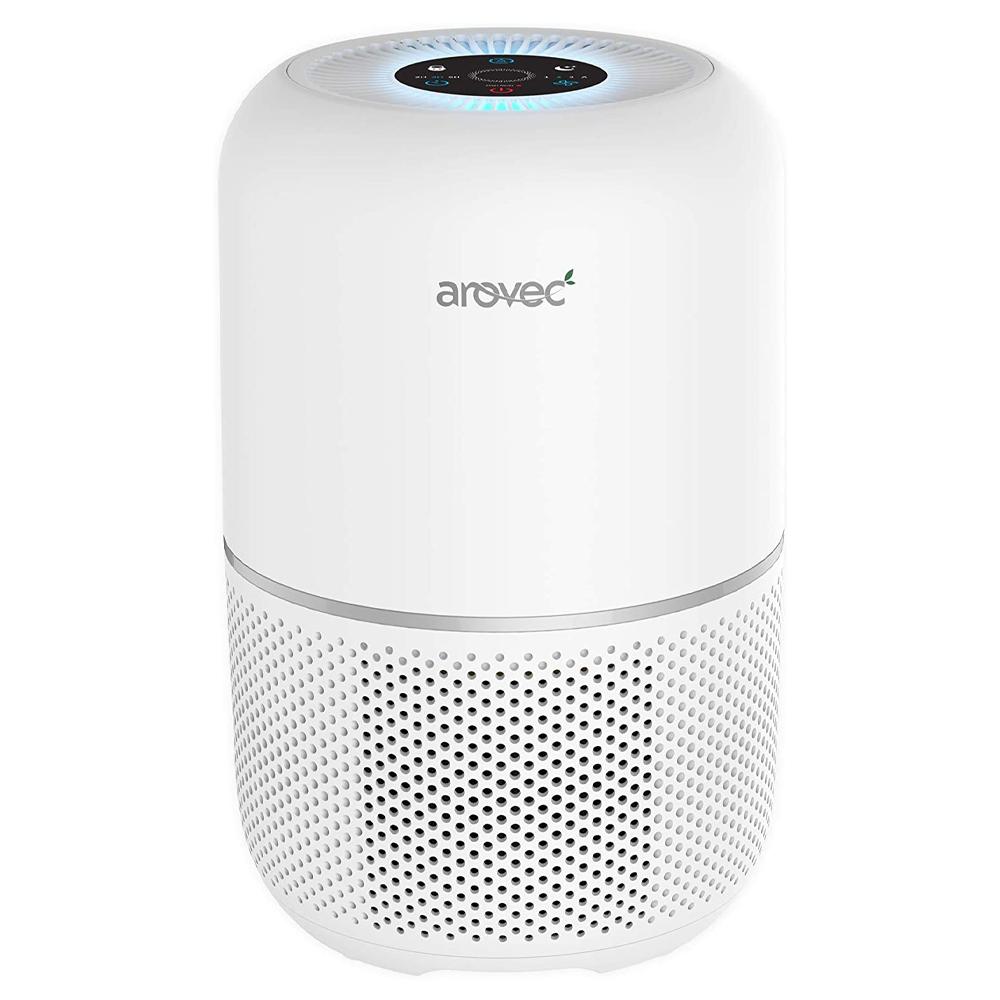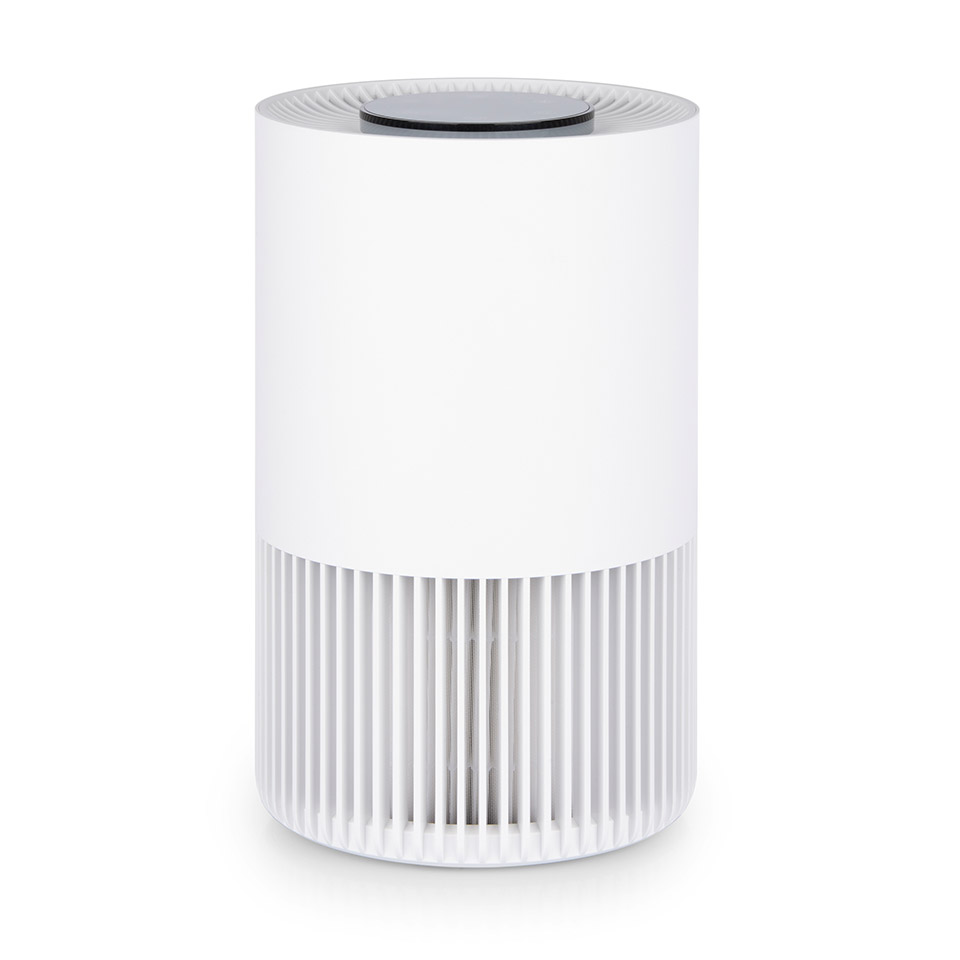Featured
Table of Contents
- – Recognizing Allergies and Triggers
- – Can Air Purifiers Assist with Allergies?
- – The Science Behind Air Purifiers and Allergies
- – Are Air Purifiers Right for You? Factors to T...
- – Making the Many of Air Purifiers for Allergies
- – Beyond Air Purifiers: A Multi-Pronged Approach...
- – Living a Breath Easier Life with Allergies

Air purifiers are commonly proclaimed as a solution, encouraging cleaner air and alleviation from allergy signs. Are air cleansers genuinely worth the financial investment for allergic reaction victims?
Recognizing Allergies and Triggers
To understand the duty of air purifiers, allow's first look into allergic reactions and their triggers:
- The Sensitive Response: Allergies happen when your body immune system panics to a harmless material, like plant pollen or allergen. This reaction sets off the release of histamines, triggering allergy signs like sneezing, coughing, scratchy eyes, and a drippy nose.
- Typical Irritants: Indoor allergens include allergen, animal dander, mold and mildew spores, pollen that drifts inside your home, and even roach irritants. These airborne bits can irritate your respiratory tracts and set off allergy signs and symptoms.
Can Air Purifiers Assist with Allergies?
Air cleansers work by pulling in air, removing pollutants, and launching cleaner air back right into the space. Here's how they can potentially profit allergy victims:
- Capturing Allergens: HEPA (High-Efficiency Particulate Air) filters, an usual kind made use of in air purifiers, are highly efficient at catching air-borne irritants like allergen, animal dander, and pollen. By getting rid of these triggers from the air you take a breath, air cleansers can aid reduce allergy symptoms.
- Improved Air Top Quality: Air cleansers can also remove other toxic irritants from the air, such as smoke, dirt, and volatile organic substances (VOCs) This general renovation in air top quality can be valuable for allergy victims who are sensitive to these extra triggers.
The Science Behind Air Purifiers and Allergies
Research studies have actually shown that air cleansers can be practical in reducing allergic reaction signs and symptoms. Right here's a consider some crucial research study findings:
- A 2019 evaluation released in the journal "Current Allergy and Asthma Reports" ended that air purifiers with HEPA filters can be effective in minimizing allergic reaction signs and symptoms and improving high quality of life for people with allergic rhinitis (hay fever)
- A 2018 research study published in the journal "Record of Allergy, Bronchial Asthma & Immunology" found that using an air purifier with a HEPA filter in the bedroom significantly lowered dust mite allergen levels and improved sleep quality in people with asthma.
However, it's vital to keep in mind that research study additionally suggests some restrictions:
- Air Purifier Coverage: Air purifiers are most efficient in the area where they are placed. Their effect on allergens in other components of your house could be very little.
- Severity of Allergies: While air cleansers can help, they may not be a total remedy for serious allergies. Medications and various other allergy management techniques might still be essential.
Are Air Purifiers Right for You? Factors to Take Into Consideration
Right here are some essential factors to take into consideration when making a decision if an air purifier deserves it for your allergic reactions:
- Seriousness of Allergies: If your allergic reactions are light and well-controlled with medication, an air purifier may not be needed. Nonetheless, for those with moderate to severe allergic reactions, an air purifier can be a beneficial tool in managing signs.
- Sorts of Irritants: Think about the major triggers for your allergies. Air cleansers are most efficient for air-borne allergens like dust termites, pet dander, and pollen. They may not be as handy for irritants like mold and mildew that expand on surfaces.
- Way of life and Environment: If you have pets, stay in an area with high pollen matters, or have problems regarding indoor air top quality, an air purifier can be beneficial.

Making the Many of Air Purifiers for Allergies
If you choose to buy an air purifier for allergic reactions, below are some pointers for optimizing its efficiency:
- Select a HEPA Filter: Look for an air purifier with a HEPA filter certified to catch bits as small as 0.3 microns.
- Right Size for the Space: Guarantee the air purifier has a Clean Air Delivery Price (CADR) that appropriates for the dimension of the area you prepare to utilize it in.
- Positioning Matters: Position the air purifier in the area where you invest the most time, such as your room.
- Normal Filter Maintenance: Replace HEPA filters according to the manufacturer's instructions to maintain optimum efficiency.
- Incorporate with Other Methods: Air cleansers are not a one-size-fits-all service. Integrate them with other allergic reaction monitoring approaches like medicine, routine cleansing, and allergen-proof bed linens.
Beyond Air Purifiers: A Multi-Pronged Approach to Allergic Reaction Monitoring

While air purifiers can be an important tool in your allergy arsenal, they are not a miracle drug (If you're looking to buy an Air Purifier then Air Cleaners Australia is the best destination.). An extensive technique that combines air purification with various other techniques is crucial to accomplishing lasting allergy relief. Here are some extra approaches to consider:
- Medication: Antihistamines, decongestants, and nasal corticosteroids, suggested by your medical professional, can effectively manage allergy signs.
- Allergy Screening and Immunotherapy: Determining your certain irritants through allergic reaction testing can lead the means for immunotherapy, a therapy that helps desensitize your body immune system to allergens over time.
- Air Top Quality Management: Regular cleaning with a HEPA-filtered vacuum and allergen-specific cleansing items can substantially reduce allergen, family pet dander, and various other allergens in your home.
- Controlling Humidity: Mold and mildew grows in humid atmospheres. Making use of a dehumidifier can assist regulate moisture degrees and stop mold growth, an usual interior allergen.
- Way of living Adjustments: If you have allergic reactions to pollen, remaining inside your home during height pollen periods and showering after hanging out outdoors can aid lessen exposure.
- Bed linens and Surfaces: Framing cushions and mattresses in allergen-proof covers can substantially minimize dust mite exposure. Routinely cleaning bed linen in hot water assists remove irritants.
Living a Breath Easier Life with Allergies
Bear in mind, taking care of allergies is a continual process. By recognizing your triggers, implementing a multi-pronged approach, and possibly integrating an air purifier into your strategy, you can dramatically minimize allergic reaction signs and take a breath less complicated.
Additional Considerations:
- Consulting a Physician: If your allergic reactions are extreme or otherwise well-controlled with medicine and way of living adjustments, get in touch with an allergist for personalized suggestions.
- Air High Quality Tracking: Take into consideration making use of an air top quality monitor to track allergen degrees in your home and change your monitoring approaches as necessary.
- Long-Term Investment: A top quality air purifier can be a lasting investment in your health and health.
By taking a positive technique and adopting a combination of these methods, you can develop a much healthier and allergy-friendly environment, allowing you to enjoy a breath less complicated life.
Table of Contents
- – Recognizing Allergies and Triggers
- – Can Air Purifiers Assist with Allergies?
- – The Science Behind Air Purifiers and Allergies
- – Are Air Purifiers Right for You? Factors to T...
- – Making the Many of Air Purifiers for Allergies
- – Beyond Air Purifiers: A Multi-Pronged Approach...
- – Living a Breath Easier Life with Allergies
Latest Posts
Understanding the Transition: Why sydney is Phasing Out Gas
The Best Guide To Are Yeti Rambler Tumblers Built For Dishwasher Durability?
The Should You Trust Your Yeti Rambler In The Dishwasher? Statements
More
Latest Posts
Understanding the Transition: Why sydney is Phasing Out Gas
The Best Guide To Are Yeti Rambler Tumblers Built For Dishwasher Durability?
The Should You Trust Your Yeti Rambler In The Dishwasher? Statements